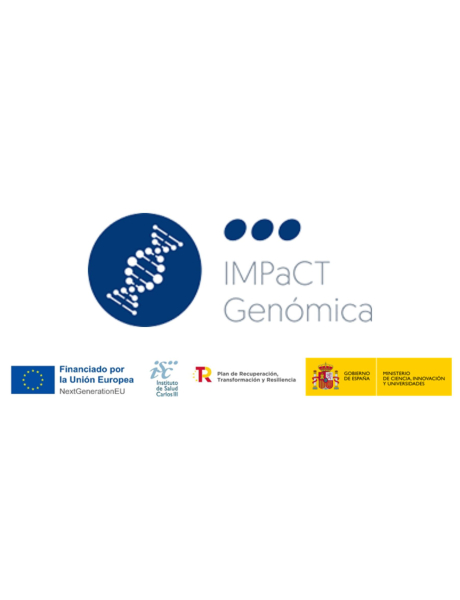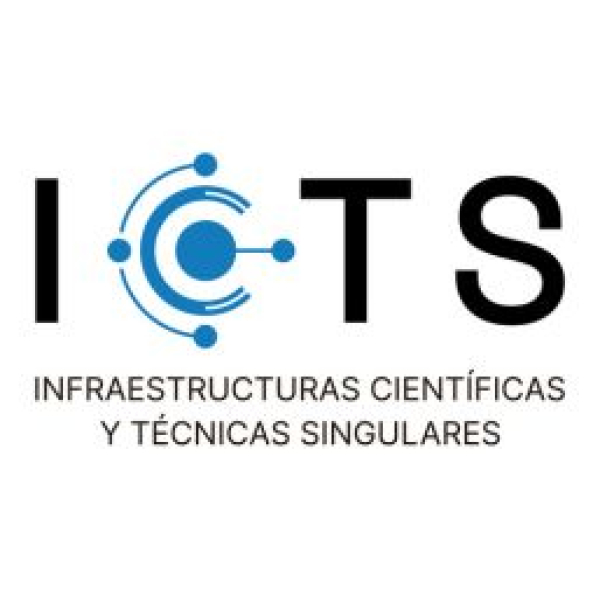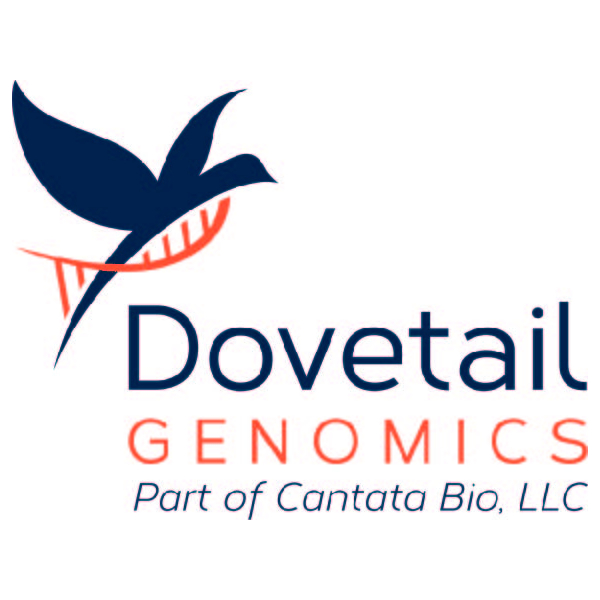The objective of IMPaCT-Genómica 2 is to improve equitable access to faster and more reliable diagnoses for rare diseases (RDs) and low-frequency genetic tumors within the National Health System (SNS), facilitating their prevention, therapy research, and impact assessment. Previous results from IMPaCT-Genómica enabled the design of an efficient and accessible infrastructure for genomic diagnosis. Now, IMPaCT-Genómica 2 aims, with territorial equity criteria, to achieve the genomic and molecular characterization of RDs and low-frequency tumors that remain undiagnosed after basic genomic studies, using advanced omics techniques, bioinformatics, artificial intelligence, and functional genomics to resolve variants of uncertain significance.
This will accelerate and increase diagnostic rates, promote prevention and new therapy research, and assess their health and social impact. Based on our results, sustainability actions will be derived to develop genomic medicine within the SNS. This initiative will contribute to the
International Rare Diseases Research Consortium (IRDiRC) goal of ensuring patients receive a diagnosis within one year of symptom onset and that undiagnosed patients enter specific research programs. Furthermore, it will support other IRDiRC objectives by advancing research on new therapies and encouraging public participation in strategy development and patient impact analysis.
In oncology, our results will enhance Spain’s participation in
UNCAN.eu by providing data on low-frequency tumors to the European Cancer Research Data Hub. Newly undiagnosed patients will be recruited, and advanced omics technologies applied to improve diagnostic rates and discover new genes and molecular mechanisms underlying these diseases.
An essential goal is to share the generated information with the scientific community, contributing to initiatives such as
1+ Million Genomes and the
Genomic Data Infrastructure (GDI), while fostering national and international scientific collaborations in line with the new European health data legislative framework.
This study has been funded by the Carlos III Health Institute through the project "PMPER24/00002," financed by the European Union – NextGenerationEU.
ROLE OF CNAG
At CNAG, we will coordinate the Genomic Analysis Centers Network (WP2), led by our Head of the Sequencing Unit, Dr. Marta Gut (CNAG-Catalonia).
COORDINATOR
The project is led by two researchers from the Rare Diseases area of CIBER (CIBERER): Ángel Carracedo, from the Public Galician Foundation of Genomic Medicine, as Principal Investigator (PI), together with Carmen Ayuso, from the Jiménez Díaz Foundation in Madrid, as Co-PI.
MORE INFORMATION
Link to the new in the IMPaCT-Genómica website












